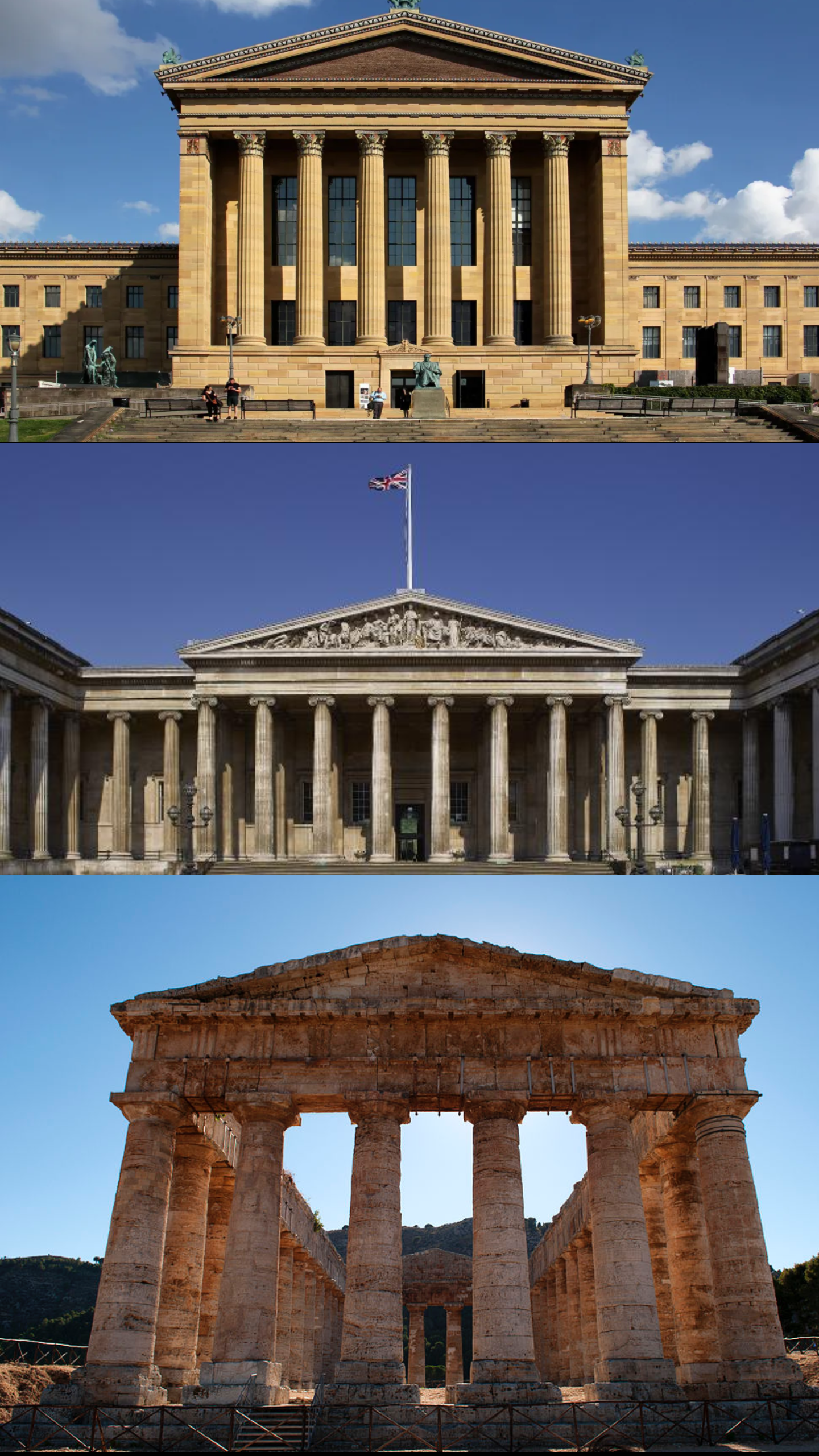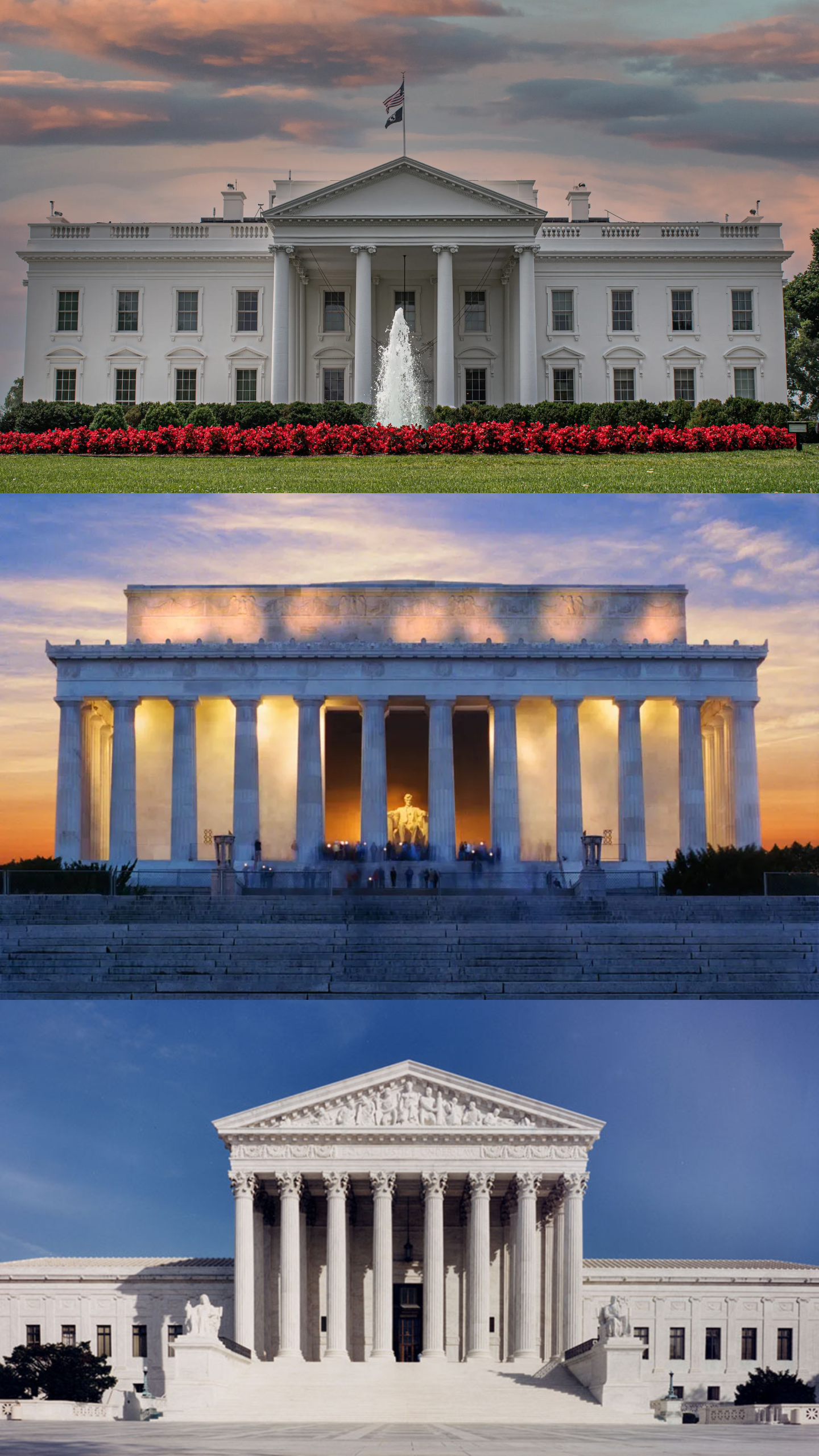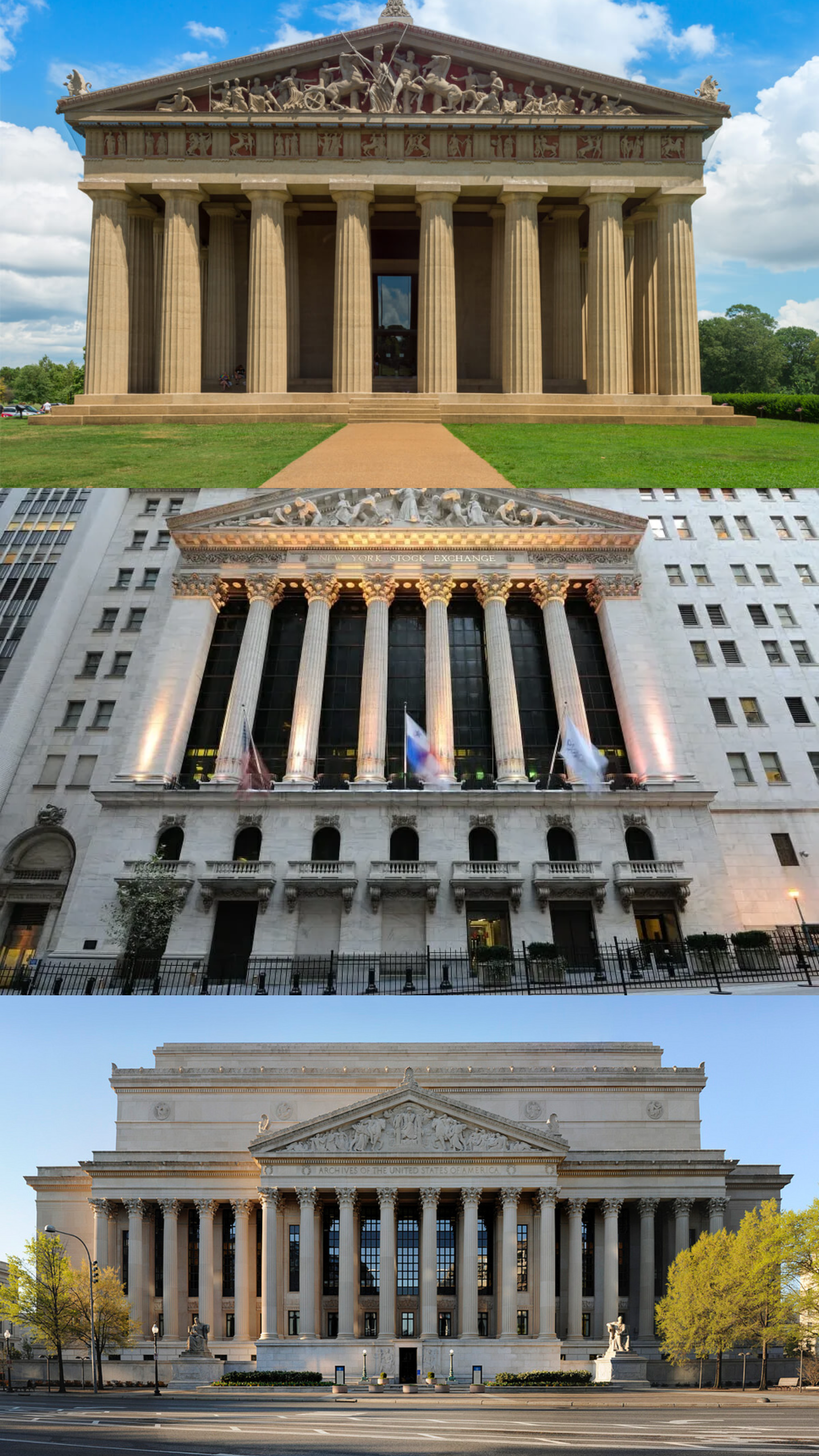Science and Theology
Proverbs 9:10
"The fear of the LORD is the beginning of wisdom, and knowledge of the Holy One is understanding."
Opening StatementI don’t believe in the concept of a “false religion.” To me, every religion has a spiritual force behind its practice, and if people commit to the rules and rituals of any given religion, it’s possible to gain favor from the forces behind it and positively influence their lives. However, this isn’t always the case—if the practice someone commits to has ties to negative forces, they may also be opening doors to these types of spirits, which can have a harmful impact on their life. When it comes to any religion, I recommend taking a direct approach first, rather than finding a community or individual to act as a bridge to the deity. This helps avoid confusion because humans are naturally selfish, and no matter what religion we follow, our lives often contradict what we preach. These kinds of inconsistencies can negatively influence newcomers. Additionally, if your faith is rooted in a specific community, preacher, or church, without any personal experience with the religious texts, you risk being taken advantage of financially, emotionally, or even physically. This is why I suggest spiritual independence and eliminating any middleman unless that middleman is required by the official texts of the religion you’re pursuing. |
Religions of Our World
Introduction
Welcome to my page, where I share my journey in making sense of the world we live in, based on personal observations and experiences in what I refer to as this "live server" of reality. It is important to clarify that none of the content presented here is intended to offend or ridicule the beliefs or truths held by others, whether they are of a scientific or religious nature. This is merely an expression of my personal views, shaped by information gathered from life, online resources, and literature, and is provided solely for educational purposes.
The discussions on this page will revolve around my perspectives on reality from both theological and scientific viewpoints. While it is commonly accepted that these two fields are inherently oppositional and contradictory, I firmly believe they have always been intertwined and will continue to be so, unless altered by those in control of the narrative. Oftentimes, institutions or individuals may choose to elevate one field while undermining the other, driven by motives such as political, religious, or personal biases. Such actions are typically motivated by power, money, greed, or an unrestrained curiosity.
As adults, when we confront the realities of life and begin our search for purpose, we often find ourselves on different paths. These paths inevitably lead us to engage with science, religion, or politics—forces that undeniably shape our reality. I will address each of these areas individually on this page, presenting them in their own branches. Despite the differences in these paths, one truth remains constant: humanity’s innate desire to worship. Unfortunately, this is a fundamental desire we are seldom taught to understand, and many people do not even recognize it. As a result, we attempt to fill this void in various ways, because it always feels empty regardless of our achievements or material success.
For example, humans possess an undeniable desire for food, and scientifically, it is a fact that sustenance is necessary for survival. Eating is an unavoidable necessity for life, regardless of diet, cultural practices, or national background. However, how we choose to satisfy this need varies greatly, depending on individual goals. An ideal individual may approach food with discipline and knowledge of nutrition, while the average person might indulge in whatever food they crave, often to the detriment of their health. Successful companies capitalize on this desire, relying on the average person’s reluctance to regulate their eating habits, even when aware of the consequences.
I believe the same principle applies to our desire to worship. Whether one is religious or atheist, we all share this inherent need that must be satisfied in some manner. Acknowledging this fact, even from an atheistic perspective, can serve as a significant step in one's spiritual journey, as it is something that can be tested. Just as a religious individual fulfills this need through their relationship with a deity, others may substitute it with self-worship, celebrity idolization, materialism, or other forms of idolatry. In essence, we are dealing with the same "currency," spent in different ways according to personal preferences. This topic will be further explored in detail under the "Humans" header in the "Atheism and Idolatry" section.
By the conclusion of this page, I hope to provide you with a new perspective on our world, encouraging you to recognize the value of your desire to worship, and to direct it toward the One who instilled this desire in your very being: the God of Abraham, Isaac, and Jacob. The misplacement of this desire is the underlying reason we see celebrities and politicians enveloped in fame and wealth. When this desire is properly fulfilled by worshiping the true God, our infatuation with their merchandise, lyrics, tattoos, concerts, or the need for validation from these figures would significantly diminish. No longer blinded by their fame, appearance, or status, we would come to see them for who they truly are: fellow human beings who also worship. Through their symbolism and lyrics, they often reveal which "god" truly inspires them.
I created this page to show that, even if we try to remain neutral on the topic of God or avoid appearing gullible, the innate desire to worship is deeply ingrained within us all. This makes us naturally open to influence. Wherever we go, there is a strong likelihood that someone is subtly—or not so subtly—attempting to impose their god or ideology onto us. Whether it's the outspoken Christian who frequently speaks about Jesus, often labeled a "religious fanatic," or the more covert influences through our favorite actors, scientists, politicians, and athletes, these influences are always present. Just as food companies exploit our struggle to maintain a healthy diet, the entertainment industry—Hollywood, the music industry, and others—takes advantage of our unfulfilled need for an idol. They project their deities or ideologies onto us through symbolism in their work. Symbols carry stories, and those stories are revealed to those with the insight to understand, while remaining hidden from those without it.
Potential Symbolism of Our World
The structures and symbols we see in our world today often hold deeper meanings that transcend their physical forms. Many modern buildings, statues, and logos carry spiritual and historical significance rooted in ancient traditions and beliefs. These symbols may serve as subtle reminders of a past that continues to influence society, politics, and even culture. In recognizing these connections, we uncover how the values and deities of ancient civilizations have been seamlessly integrated into the fabric of our modern world. This reflection prompts us to question the unseen forces shaping our institutions and cultural landmarks.








| Bible | Science | Our World |
|---|---|---|
| Eve was deceived into eating an apple by a serpent, later known as Satan, who promised her knowledge in exchange for disobeying God. Satan is associated with the number 666. The Bible also warns against various figures such as Baal, Ashtoreth, the Accuser (Satan), Apollo (the Destroyer), Osiris, Tammuz, and the Queen of Heaven (also known as Liberty, Artemis, and Columbia), among others. The Bible also mentions the number of the beast is a number of a man in Revelation 13:18 and man happens to be a carbon based organism consist of 6 protons 6 neutrons and 6 electrons. | Isaac Newton is famously said to have developed his laws of motion and the universal law of gravitation after being struck on the head by an apple in 1666. | Steve Jobs traveled to India in search of inspiration, eventually returning to start Apple Inc., whose logo features a bitten apple. The company’s first computer was priced at $666.66. |
| NASA’s logo is often noted for resembling a serpent’s tongue. The Apollo mission, named after the Greek god of the sun, included a ritual where astronauts performed communion on the moon, breaking bread and drinking wine. | Modern society, often reluctant to honor any deity, is subtly influenced through celebrities, brands, movies, and stars. For instance, the brand Balenciaga can be interpreted as "Baal enci aga," meaning "Baal is the king" in Latin. Similarly, Nickelodeon sounds like "Nic kelo deo," which can be translated as "I don't care about God." | |
| We live in a heliocentric solar system, with "Helios" being a sun god, whose symbol is a globe. The earth's orbital speed is approximately 66,616 mph, though it is often rounded to 67,000 mph. | The U.S. Capitol features one of the largest phallic statues, representing the missing penis of the god Osiris. The statue stands 6,665 inches tall and 660 inches wide, with its base measuring 55.5 feet, or 666.000 inches. Atop the Capitol stands his consort, known variously as Isis, Artemis, Columbia, or Liberty. The Capitol itself is adorned with imagery representing this pantheon of Greek gods and goddesses, a topic explored further under my "Presidents" section. | |
| For me, reading the Holy Scriptures parallels the concept of the red pill and blue pill from The Matrix. The Scriptures claim to speak about the very world we live in, so it’s only logical to view this world through the lens they provide. I believe the Holy Scriptures serve as a user manual for this world, authored by the Creator. Many people dismiss religion as illogical, often because they claim it’s “untestable” or because they attempt to test it using a framework they’ve constructed themselves. However, if you approach the Holy Scriptures on their own terms, you’ll find that they often challenge many of the things humanity has normalized and labeled as good. This alone can be enough to make someone hesitate, as it calls into question our attachment to certain habits or values that we consider positive. But if you genuinely want to test the Scriptures, it’s important to do so according to their own teachings—without any preconceived biases. Let the Scriptures speak for themselves, and you may be surprised by what you discover. As I briefly outlined above, I will go into further detail, exploring elements of our world that may have a different significance when viewed through the lens of the Holy Scriptures under my headers. | ||
